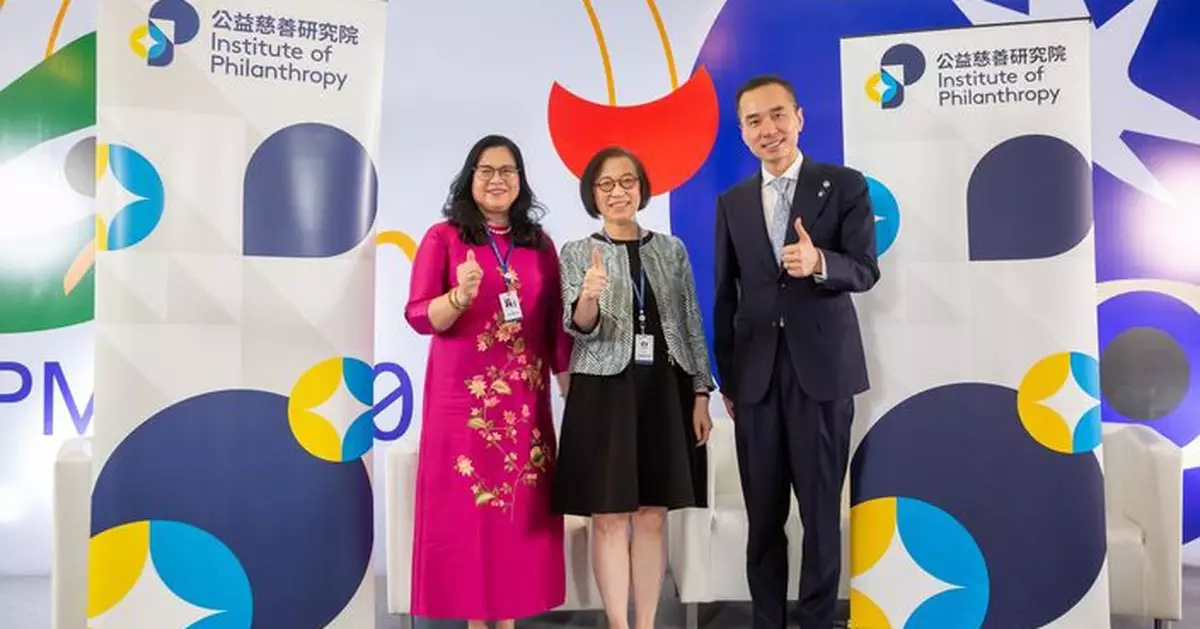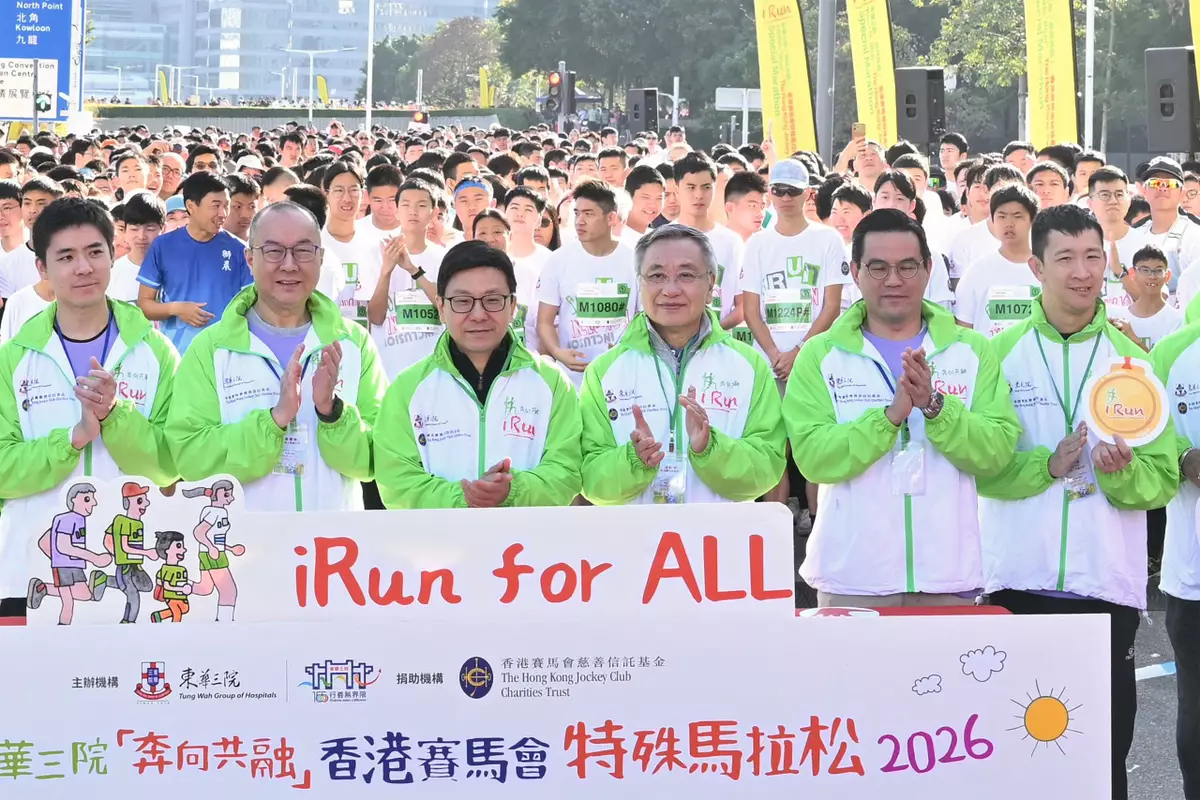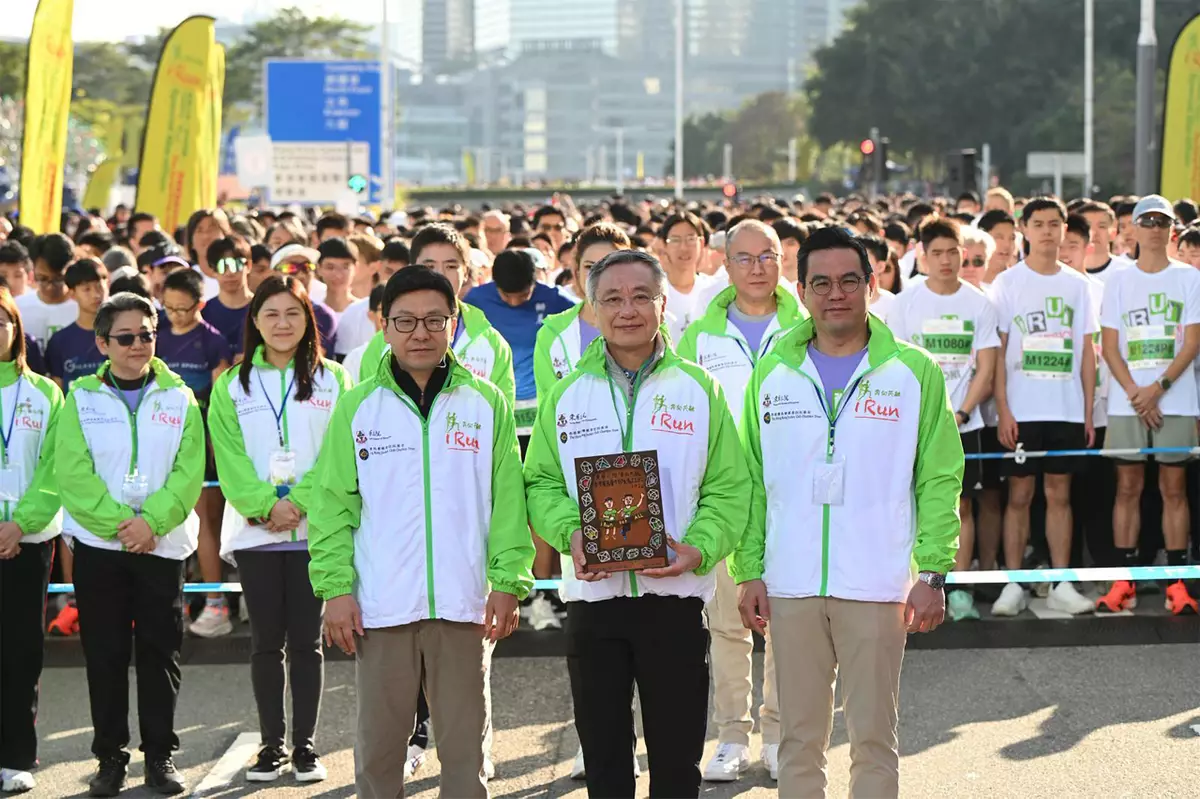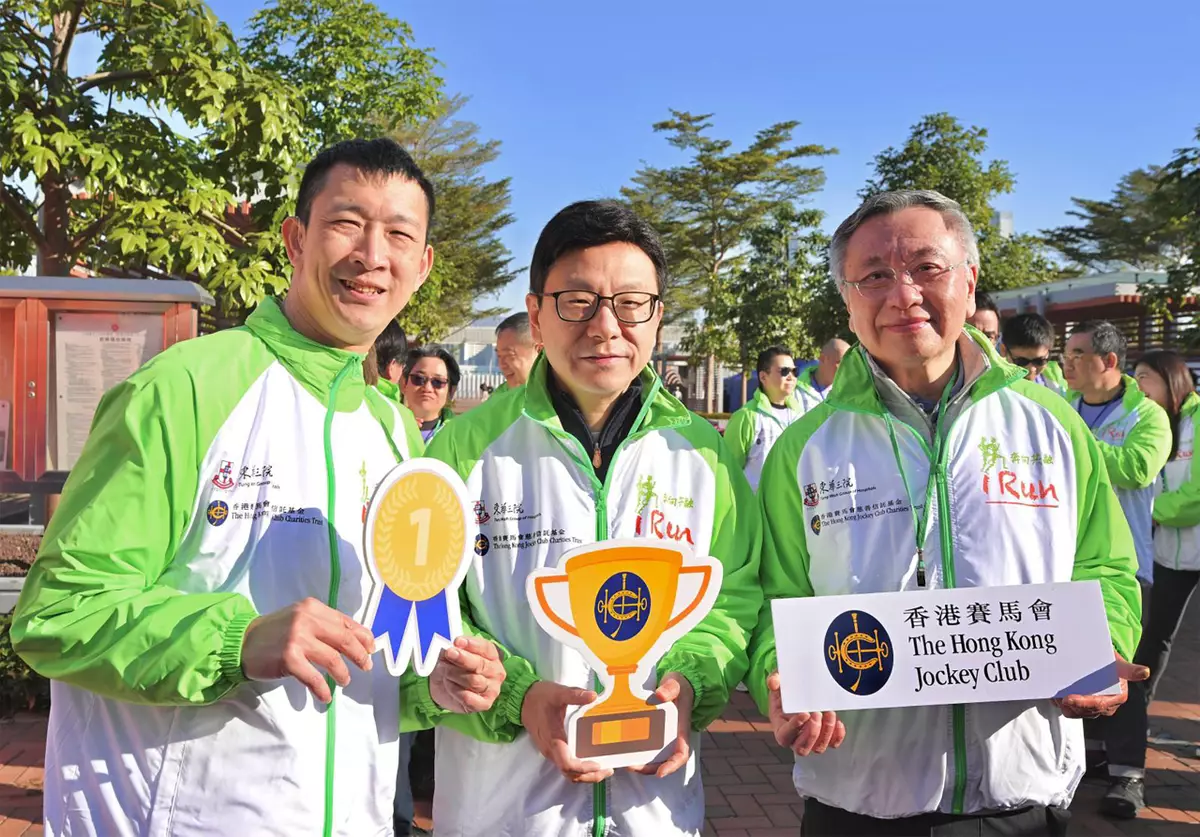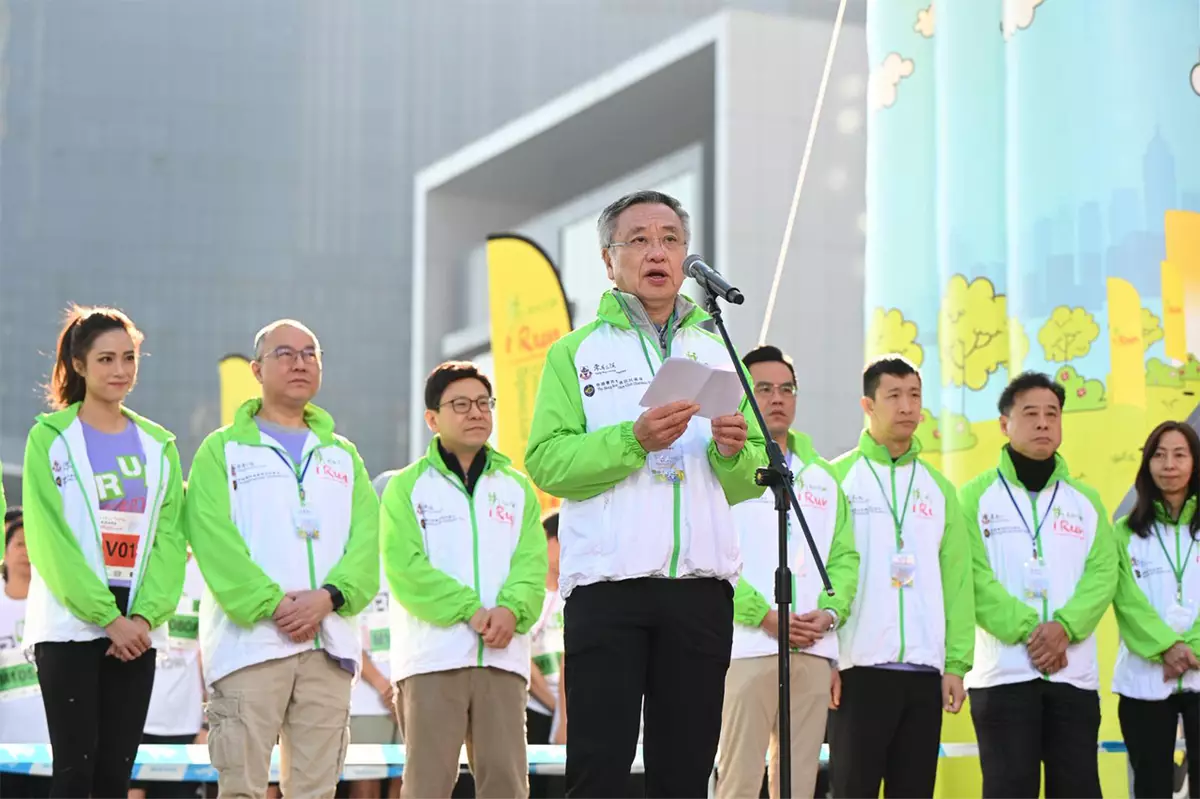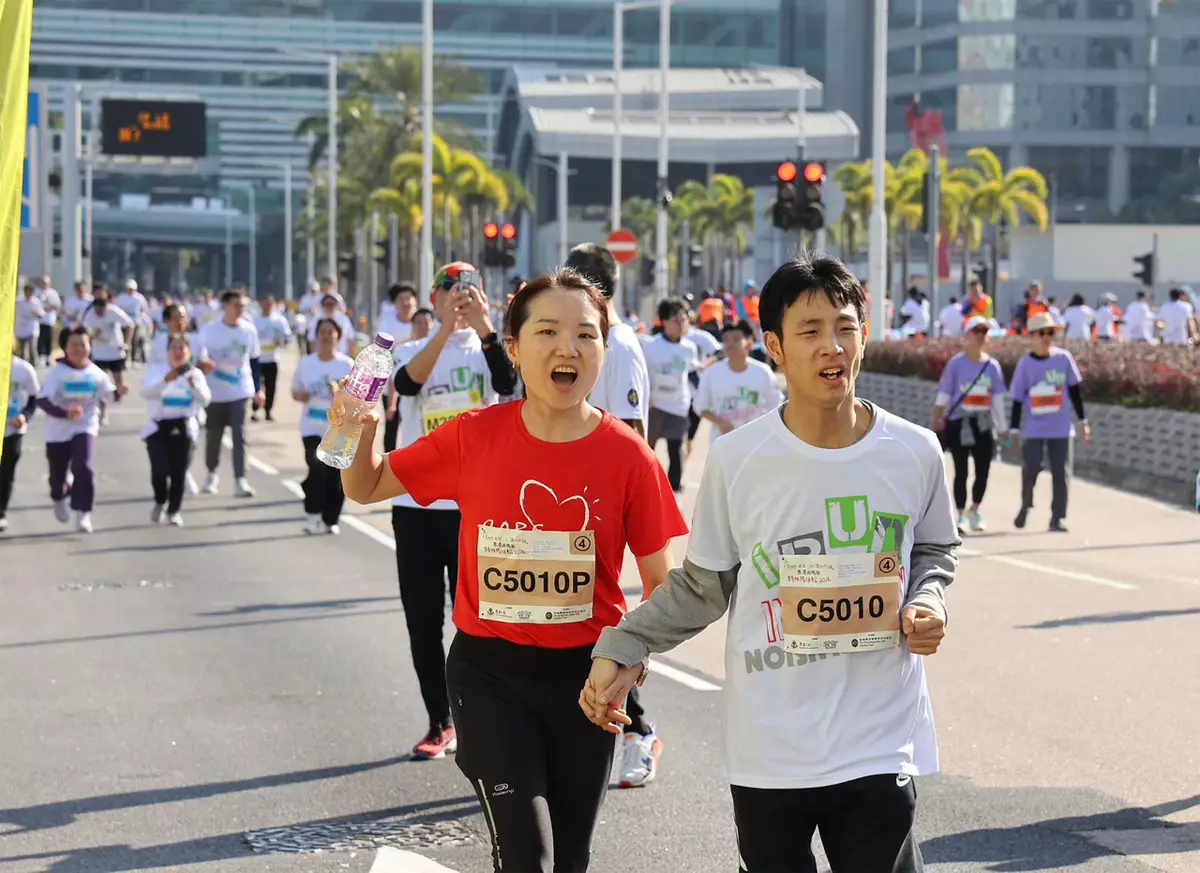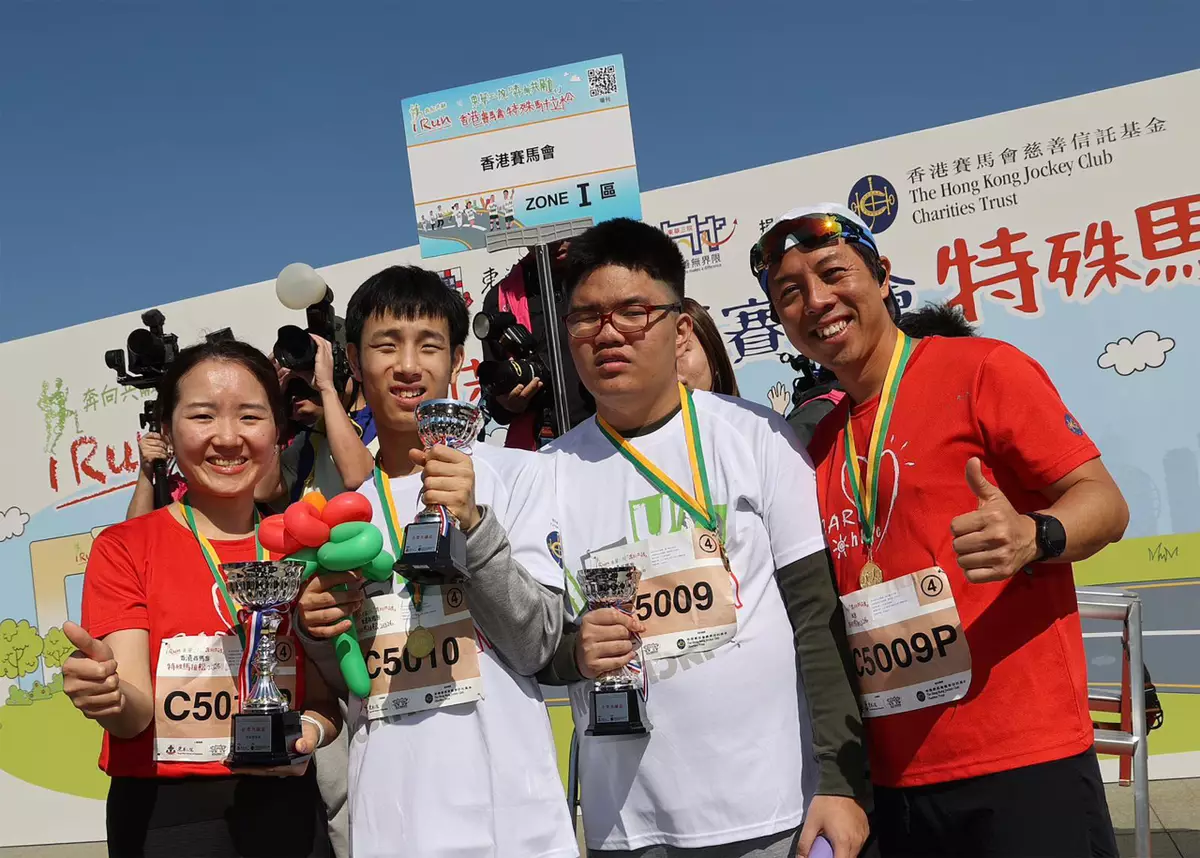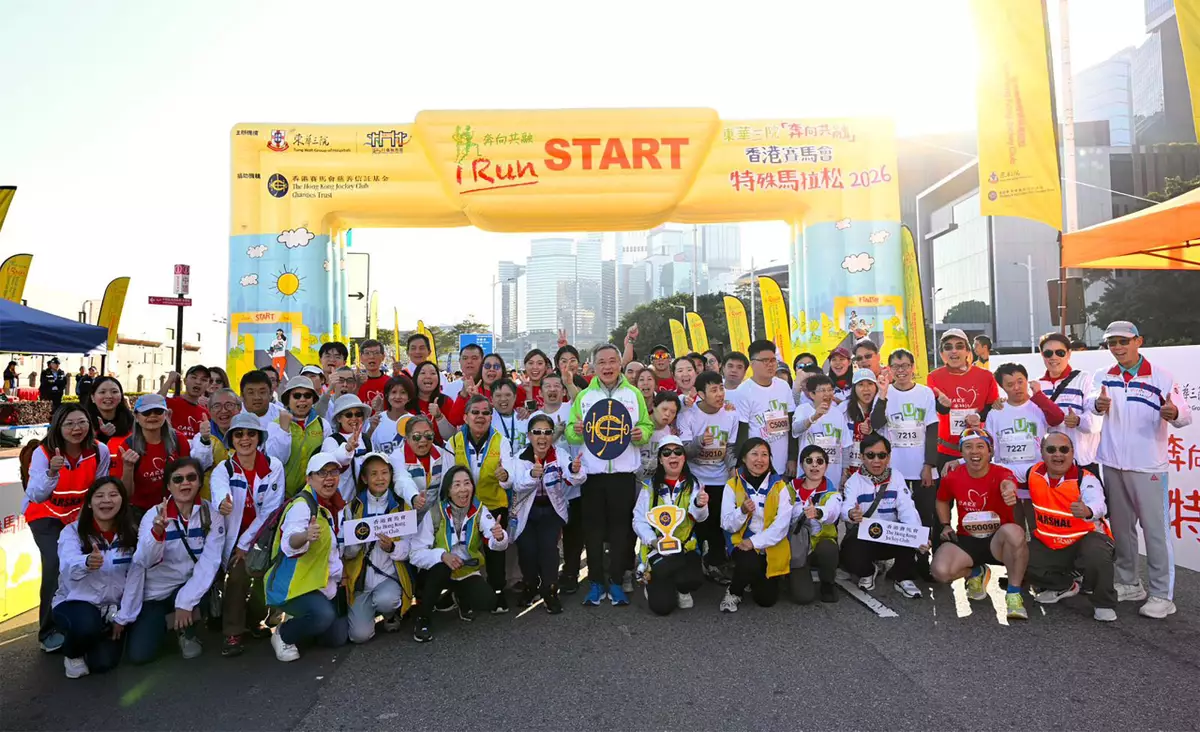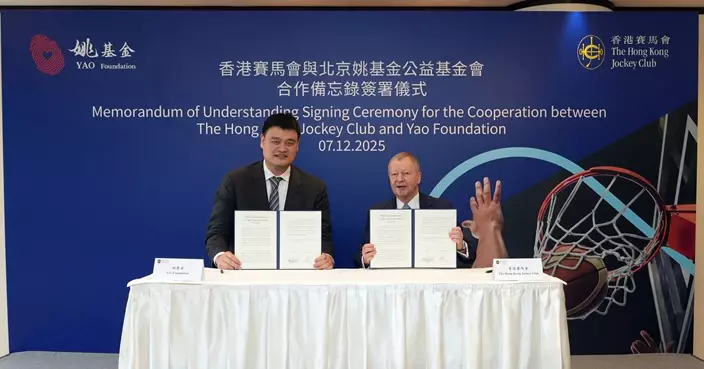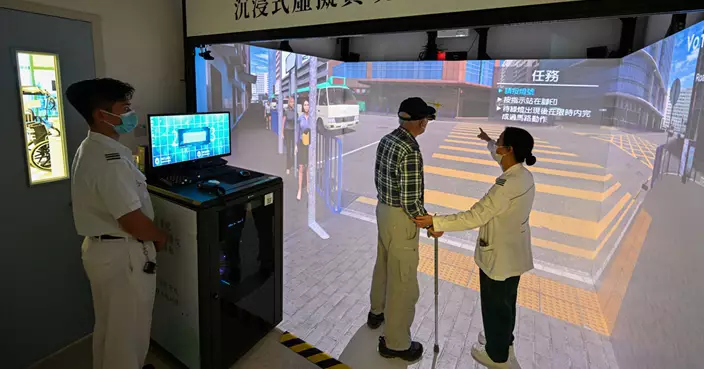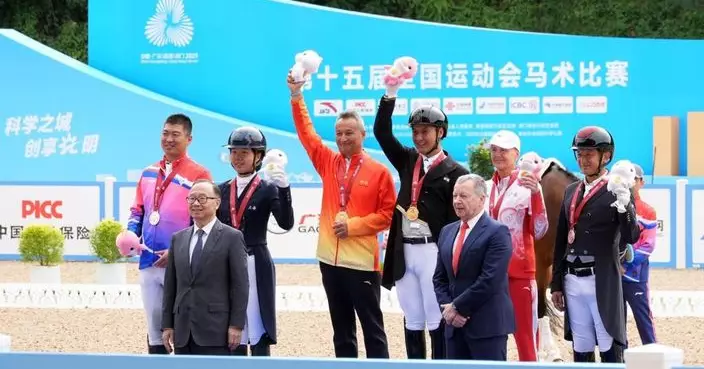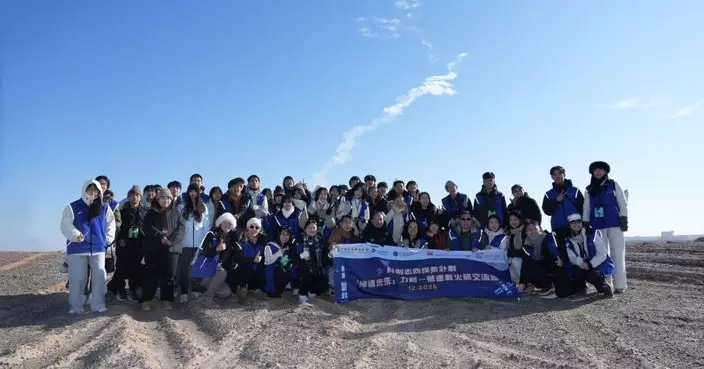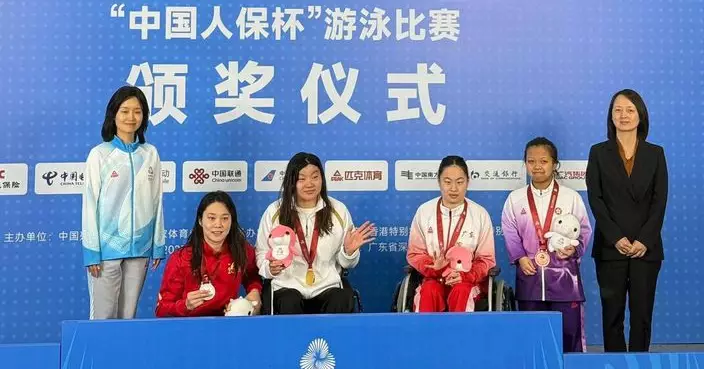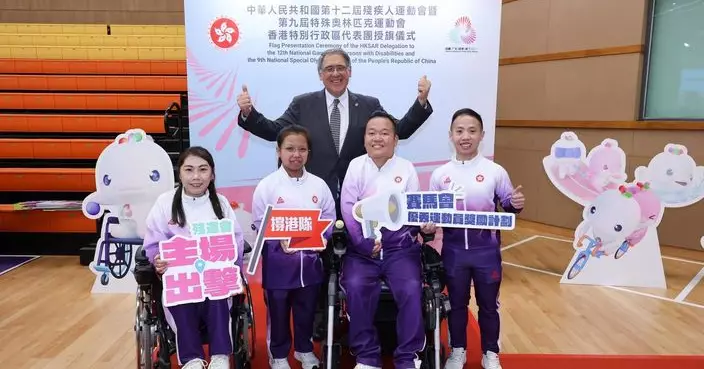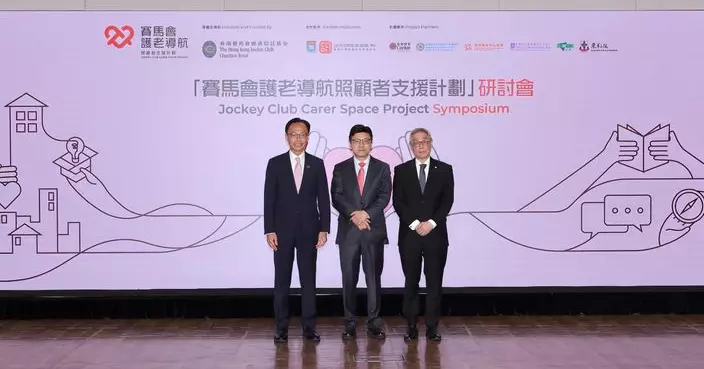The Hong Kong Jockey Club (“The Club”) Charities Trust and the Institute of Philanthropy (“IoP”) co-hosted a regional health and development conference in Bangkok, Thailand, from 28 January to 2 February with 18 United Nations agencies and philanthropic foundations.
The week-long Prince Mahidol Award Conference (“PMAC”) 2025 was held under the theme “Harnessing Technologies in an Age of AI to Build a Healthier World”. Participants explored how to leverage the latest technologies to facilitate equitable, affordable and comprehensive health-care access for all. Conference co-hosts included Club’s Charities Trust and IoP, the World Health Organization (“WHO”), United Nations Development Programme (“UNDP”), Rockefeller Foundation, the Gates Foundation and The World Bank, etc.
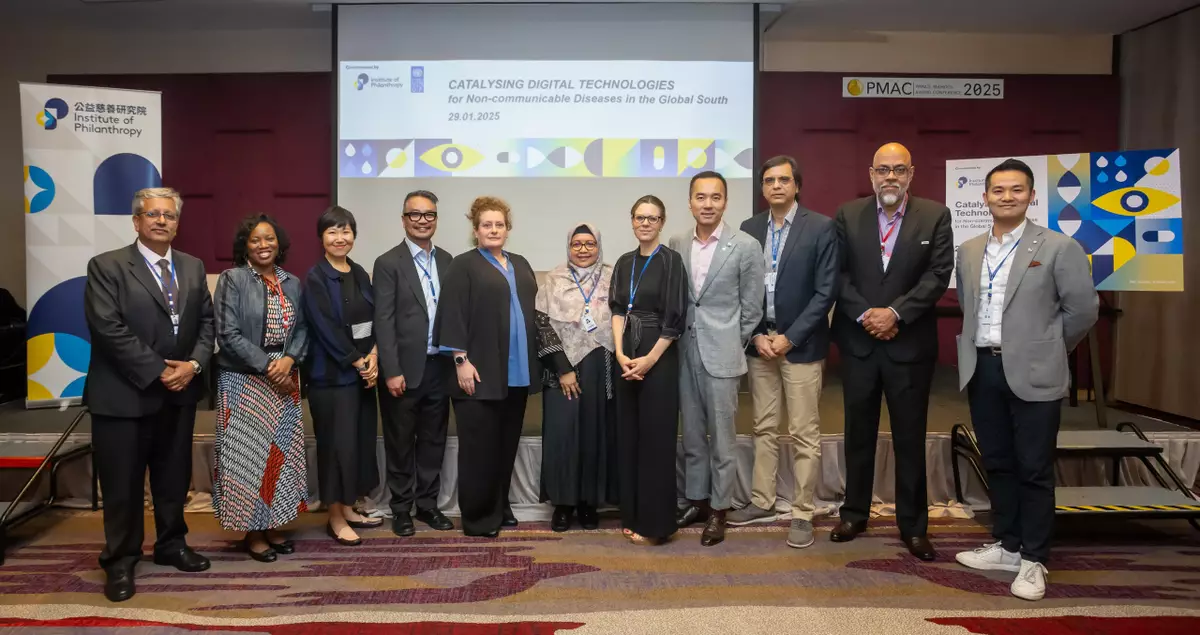
Posing for a photo with panellists of the side-programme “Towards Universal Health Coverage: Innovative Technologies for Early Screening and Management of Diabetes” are Imelda Chan, Head of Charities (Positive Ageing & Elderly Care; and Healthy Community) of The Hong Kong Jockey Club (5th right); Professor Juliana Chan, Chair Professor of Medicine and Therapeutics in the Faculty of Medicine at The Chinese University of Hong Kong and Founding Director of the Hong Kong Institute of Diabetes and Obesity (5th left); and Professor Ronald Ma, Associate Dean (External Affairs), S.H. Ho Professor of Diabetes of The Chinese University of Hong Kong (4th right).
IoP, a charitable organisation established by the Club and its Charities Trust in 2023, staged a special event at PMAC on 31 January entitled “Non-communicable Disease Management in a Primary Healthcare Setting”. There it announced a three-year pilot project in collaboration with the WHO to control and manage non-communicable diseases (“NCDs”) in primary-care settings.
Supported by a contribution of US$1.9 million (HK$14.8 million) from IoP, this will see the WHO’s Regional Office for the Western Pacific (“WPRO”) develop an end-to-end NCD control and management protocol in the Philippines, Tonga and Solomon Islands. It encompasses prevention, early identification, treatment and long-term management as well as prevention of complications and management of NCDs in primary-care settings.
“The launch of this NCD pilot project aims to reduce morbidity and mortality associated with NCDs in vulnerable countries, while at the same time illustrate an investment case for scaling up the end-to-end NCD control and management model in the whole Western Pacific region,” said Dr Tran Thi Giang Huong, WPRO’s Director of Division of Programmes for Disease Control.
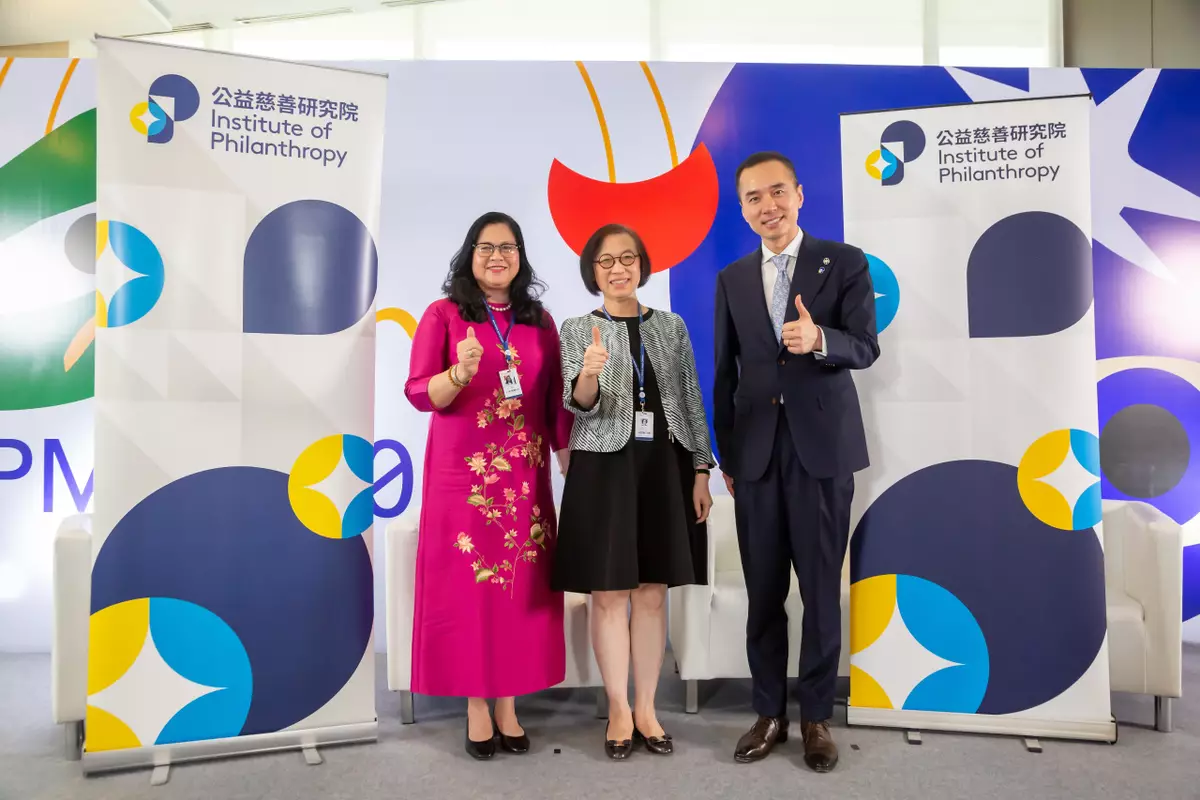
Pictured at the Prince Mahidol Award Conference’s special event in Bangkok are Dr Tran Thi Giang Huong, Director of Division of Programmes for Disease Control, at WPRO (left); Dylan Lu, Co-Secretary-General (Programmes) at IoP (right); and moderator Sophia Chan (centre),Professor and Director of HKU Primary Health Care Academy.
Dylan Lu, Co-Secretary-General (Programmes) at IoP, said: “The Institute of Philanthropy is delighted to support the WHO in addressing the need to prevent and manage NCDs in the region. This donation clearly showcases our commitment to global health through collaboration with the WHO, together with the US$11.2 million funding pledge that IoP made at the WHO
Investment Round in May and October 2024.”
In addition, the Club’s Charities Trust and The Chinese University of Hong Kong in association with IoP co-convened a side-programme at PMAC 2025 on 29 January entitled “Towards Universal Health Coverage: Innovative Technologies for Early Screening and Management of Diabetes”. It explored data-driven approaches and digital innovations to strengthen diabetes care and management. This side-programme featured findings from two Trust-supported initiatives on a care model harnessing biogenetic markers, big data algorithms and the latest
wearable technologies to improve health outcomes and empower self-management for people living with or at risk of diabetes.

Heather Doyle, Team Lead, HIV & Health Group, Regional Bureau for Asia and the Pacific, UNDP (5th right), and Dylan Lu, Co-Secretary-General (Programmes) of IoP (4th right), pose for a photo with panellists and moderators at the side-programme entitled “Catalysing Digital Technologies for Non-communicable Diseases in the Global South”.
IoP and UNDP also co-convened a separate side-programme at PMAC on the same day entitled “Catalysing Digital Technologies for Non-communicable Diseases in the Global South”. It highlighted case studies on innovative technologies being used for the prevention and management of NCDs to mobilise resources and foster collaboration in the Global South.
Established as a “think-fund-do” tank for China and Asia, IoP is dedicated to promoting philanthropic thought-leadership and enhancing sector capabilities at local, regional and global levels. It seeks to collaborate extensively with fellow foundations and contribute to WHO’s efforts to address global health issues. IoP pledged US$11.2 million (HK$87.4 million) to WHO’s Investment Round in May and October last year to promote, provide for and protect the health and well-being of people worldwide. The Investment Round is a new collaborative mechanism to generate sustainable financing for the WHO’s 14th General Programme of Work 2025-2028.


